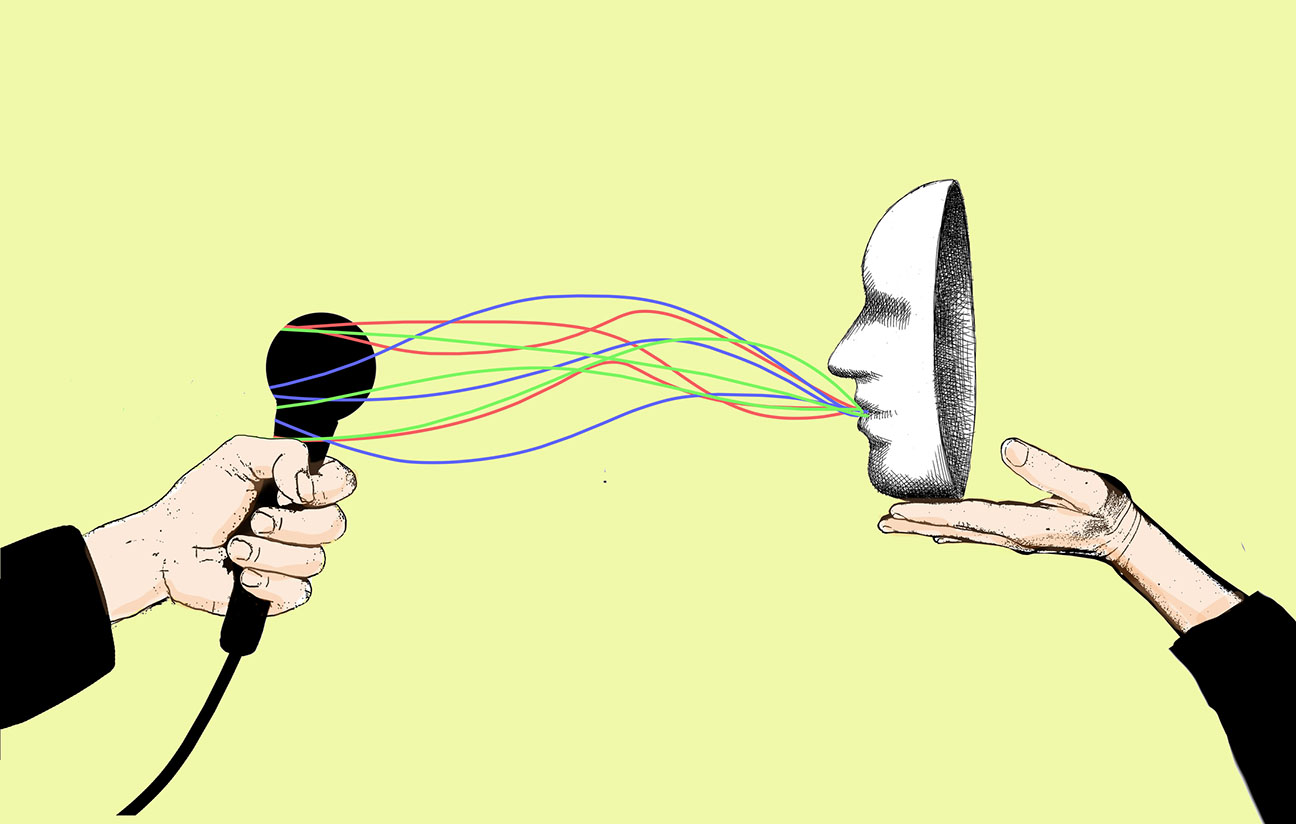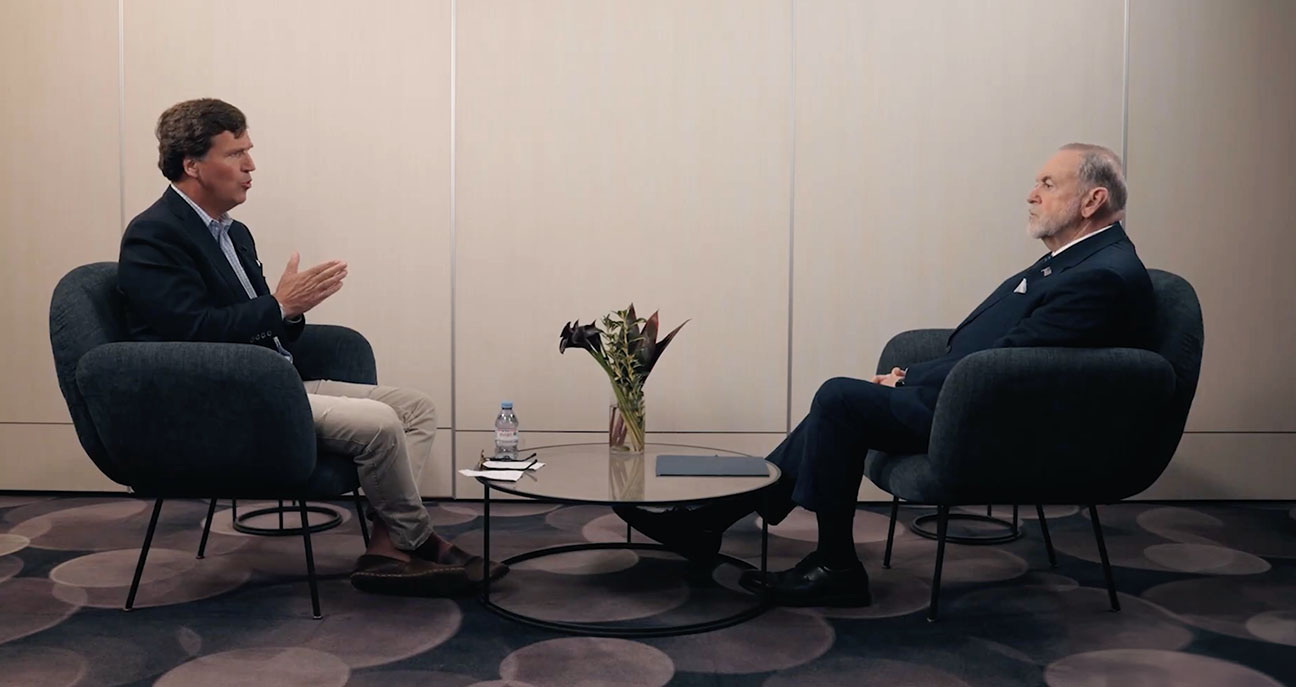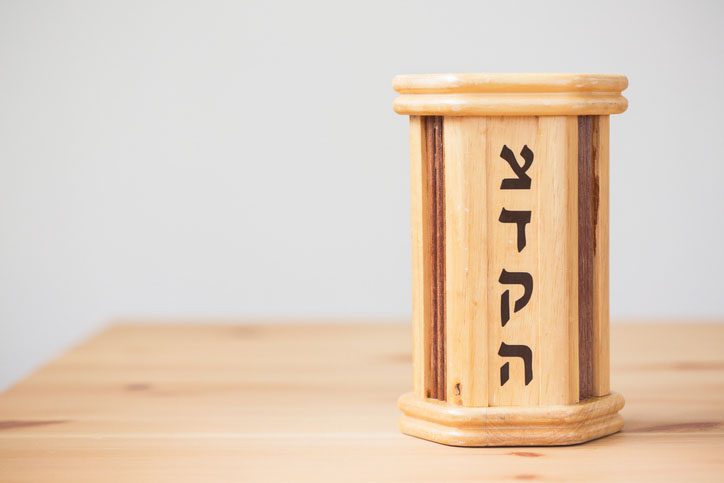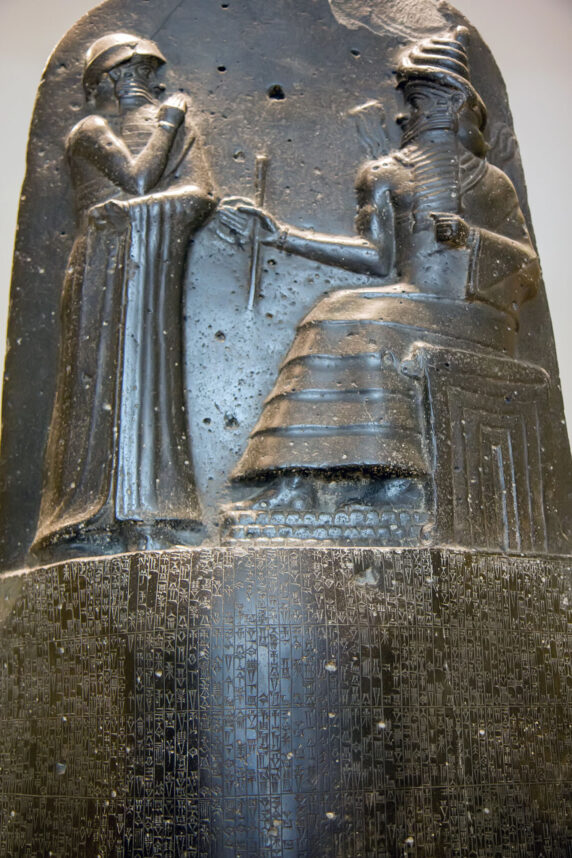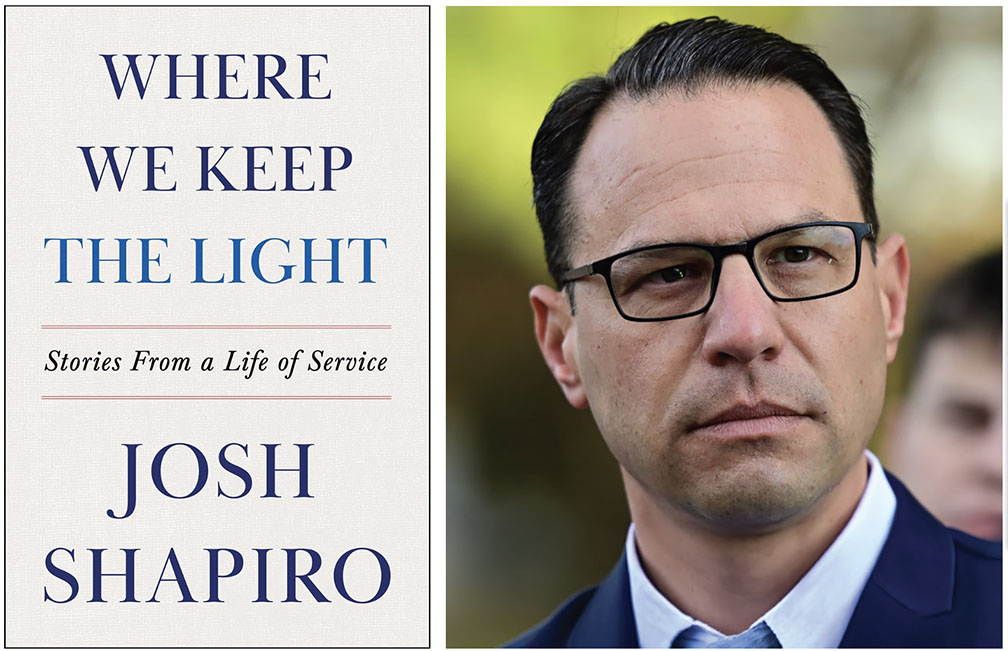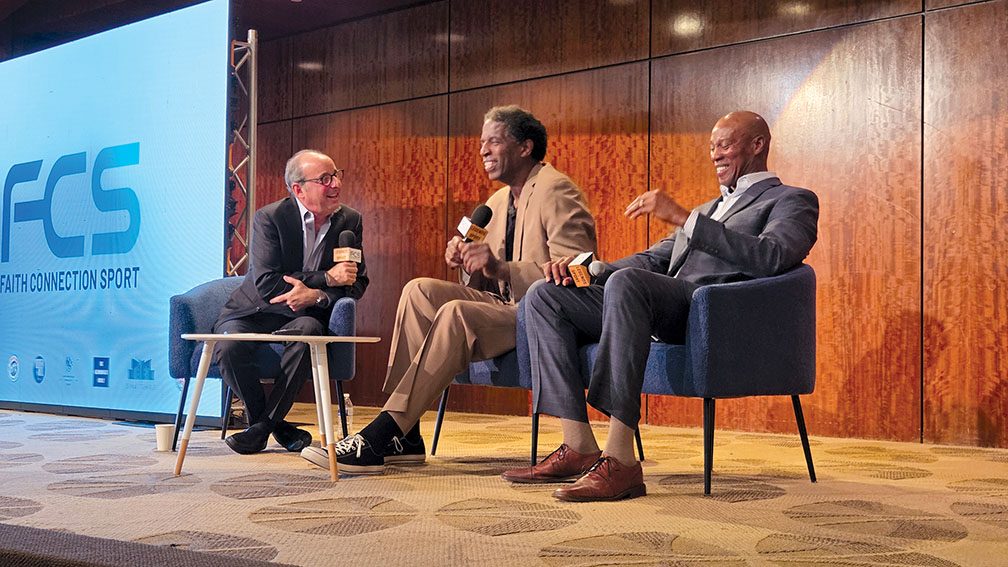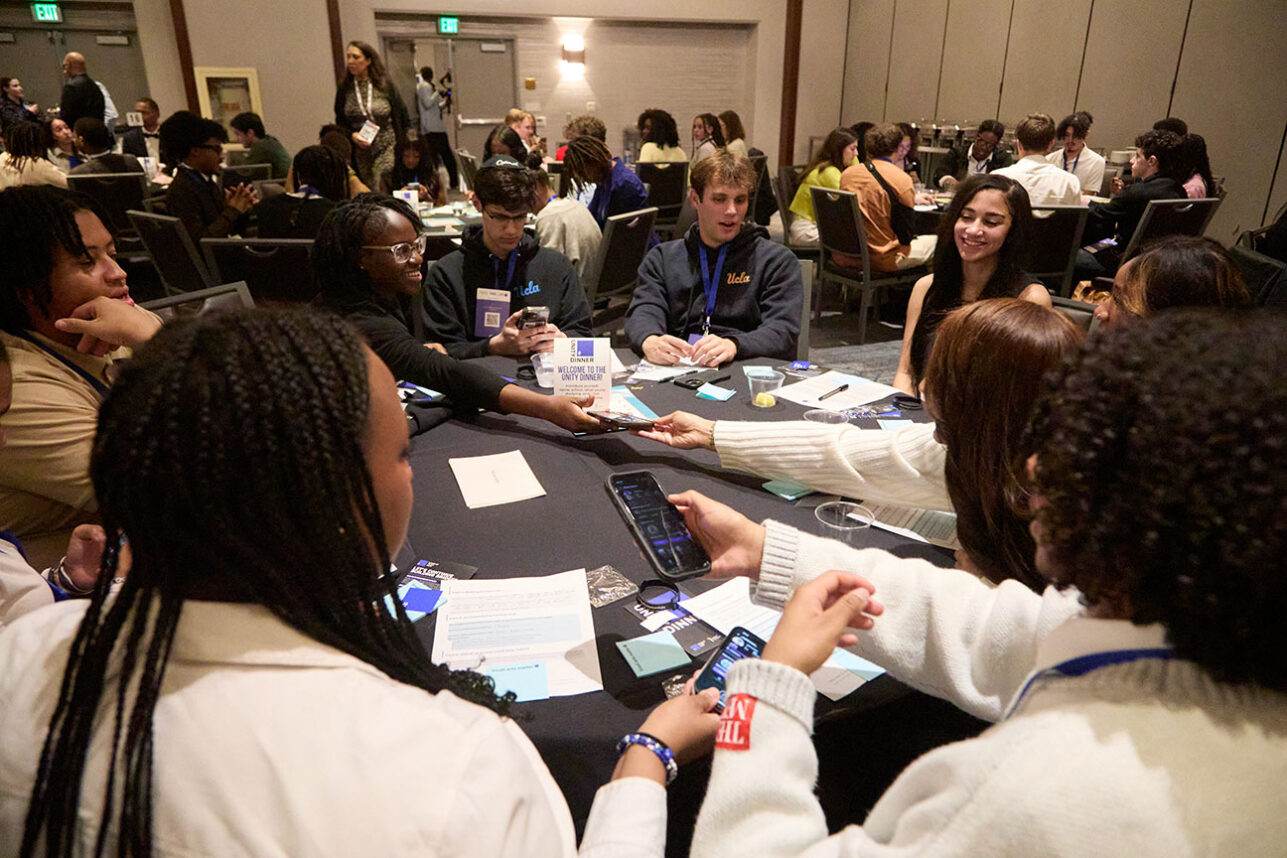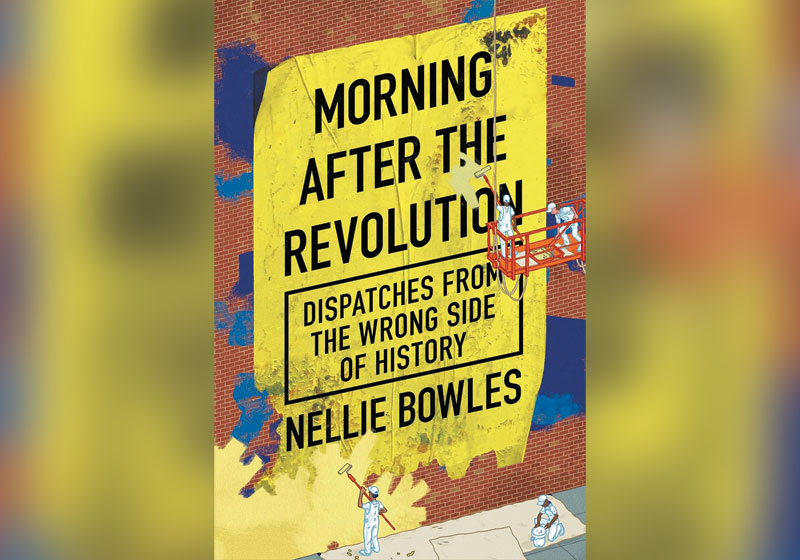
A few years ago, Nellie Bowles was a successful young reporter for the New York Times. When she joined its illustrious staff, Donald Trump was president, subscriptions were surging, and readers knew what they wanted for their money. The Times would give it to them. They would be “the heart of resistance,” championing “the beautiful world that could be.” Bowles fit right in. She wrote big stories that were widely cited and praised, and she never missed a happy hour.
But then things turned weird. Black Lives Matter gripped the country, and it became essential for progressives to uphold truths that no one had heard of five minutes ago. Bowles’ colleagues earnestly agreed “that being On Time and Objectivity were white values,” and that although any backlash to the revolution was bizarre and vile, “it was important to note that there was no revolution happening.” New words and acronyms entered the lexicon which had to be adopted immediately; no one would respond with anything but solemnity to announcements such as: “May 17 marks the International Day Against Homophobia, Biphobia, Interphobia, and Transphobia (IDAHOBIT), which celebrates LGBTQIA+ people globally and raises awareness to combat discrimination.” The letter X had to be added to gender-neutral words, whether the people associated with those words liked it or not, to indicate you were “extra-pro-trans.” “Latino became Latinx. Otherwise, you were a monster.”
Bowles found some of the new dogmas strange and the fixation on upholding them oppressive, but felt it would be morally messy to challenge them. As she writes: “If you want to be part of a movement that supports gay marriage, and I did and do, then you can’t question whatever disinformation is spread this week. Fine, I can identify as a non-man attracted to non-men [translation for the uninitiated: a lesbian]. If anything in the movement looked anything but perfect, the good reporter knew not to look.” When a Times in-house Disinformation Expert instructed her that her article on PragerU should attack the conservative outlet for, among other things, “getting people questioning,” Bowles obliged. The piece ran and, she writes with unsparing honesty, she got the praise she craved.
But in the febrile summer of 2020, Bowles got curious about happenings in Seattle. Much of the city had been declared a police-free “autonomous zone,” there were reports of chaos and shootings, and Bowles thought The Times should check it out. Yet when she pitched the idea to travel there, her colleagues sensed something terribly wrong with her. One told her he worried she was “into all this cancel culture stuff.” When he’s old, he said, he wants to know he was on the right side of history. Why did she want to be on the wrong side?
So begins Bowles’ delightful, compulsively readable, often screamingly funny chronicle of our strange times, “Morning After the Revolution: Dispatches from the Wrong Side of History” (Penguin/Thesis). Bowles describes her trip to Seattle, where by day she found a heady sense of liberation, which by night turned to window-smashing, looting and fear in a lawless urban landscape. Only after several people were shot and two teenagers died did the experiment end. In another chapter, Bowles wonders what happened to all the money people gave to Black Lives Matter. She finds, among other things, that the self-described Marxist and creator of the #BlackLivesMatter hashtag bought four homes, totaling nearly three million dollars.
In the next section, “Atonement,” Bowles provides a harrowing description of a Zoom meeting she attended, “The Toxic Trends of Whiteness,” where attendees — all white, almost all women — shared their feelings of self-hatred about “being a privileged white supremacy person” and invoked “white women’s tears” against sensitive souls who broke down. Another chapter describes the scene after the Democratic Socialists of America decided to help turn over L.A.’s Echo Park to hundreds of homeless people. The park quickly became unvisitable, and the neighborhood’s Mexican-American homeowners reminisced about the days it only contained gang members. That experiment too only ended after an 18-year-old honor student volunteer mysteriously turned up dead and another corpse was found floating in the lake.
“We Mean, Literally, Abolish the Police” traces the entirely predictable crime wave that arrived after American city governments resolved to defund or abolish their police departments. This led to some interesting racial dynamics, such as an incident in West Oakland, where Black activists memorializing 71 homicide victims, and criticizing plans to cut the Oakland police department budget, were denounced as “Nazis” by white activists who would soon return home to their safe neighborhoods.
Part III, “Men and Non-Men,” involves women, that class of people who can no longer be defined without an advanced degree in biology. It opens with L.A.’s Wi Spa, where a — to be indelicate — person with a penis began lounging unclothed in an area where women and girls were naked. When a woman patron complained, the video of her complaint went viral and progressives worldwide raged against transphobia. The furor quietly died down after it was revealed that the person with the penis was, inconveniently, a registered sex offender with a history of indecent exposure.
In “Toddlers Know Who They Are,” the American Psychological Association, doctors, schools and media explain that children know whether they’re transgender, often from a very young age. If a boy-toddler likes playing with dolls, or a girl doesn’t like girly things, there’s a good chance they’re transgender. These children must be taken to a gender clinic or Planned Parenthood for puberty blockers to be followed by cross-sex hormones, and possibly surgical intervention such as mastectomies or removal of testes. The child’s soul, we’re told, is in the wrong body. Parents who disagree with these medical treatments can and sometimes do lose custody of their children.
“The Best Feminists Have Always Had Balls” describes the novel developments in feminism since it came to be led by transwomen — people who in a less enlightened age were termed men. When one of these trans feminists, Andrea Long Chu, explains in a book of gender theory that females are not full human beings, but holes, any woman who isn’t a transphobe smilingly agrees.
Bowles finds the humor where I confess I’m often too angry to, and sometimes more compassion than I can muster. Still I appreciate her insistence on recognizing the humanity of those spearheading today’s bizarre revolution. “I think about the parts I loved at the start of the fragile, hopeful movement that really did bring new ideas into the world,” she writes in the concluding section. “Ideas around fairness, around language, around our bodies. The revolution believed in profound, almost violent empathy, and it believed that life could be gentle and easy if we spoke just a little differently and walked just a little softer.” It’s a beautiful thought, even if it’s hard to reconcile with the foam-flecked activists of the previous pages.
Bowles finds the humor where I confess I’m often too angry to, and sometimes more compassion than I can muster. Still I appreciate her insistence on recognizing the humanity of those spearheading today’s bizarre revolution.
For me (and undoubtedly many others who once lived easily on the left), Bowles’ account of breaking painfully with a community that once provided a sense of meaning and belonging resonates. She represents a growing community of politically homeless — people who still associate the left with humanity’s betterment, but are repelled by its current state — and describes the predicament in seemingly effortless, breezy and sharp prose. (Her weekly column in The Free Press, “TGIF,” is reason alone to subscribe.) Sitting with her book was like being with a friend.
In the penultimate page, Bowles mentions the left’s recent lionizing of Hamas. Some may wish the book contained more about antisemitism, but I don’t see it as a weakness. I urge those concerned about antisemitism — particularly its leftwing variant — to read Bowles’ book because it broadens the picture of today’s progressive activists. “From the River to the Sea” has its corollary in the crazy things happening in race and gender. It’s the same movement; you just have to see the whole gestalt. But read it, also, because you will learn and laugh — when you aren’t seething.
Kathleen Hayes is the author of ”Antisemitism and the Left: A Memoir.”












